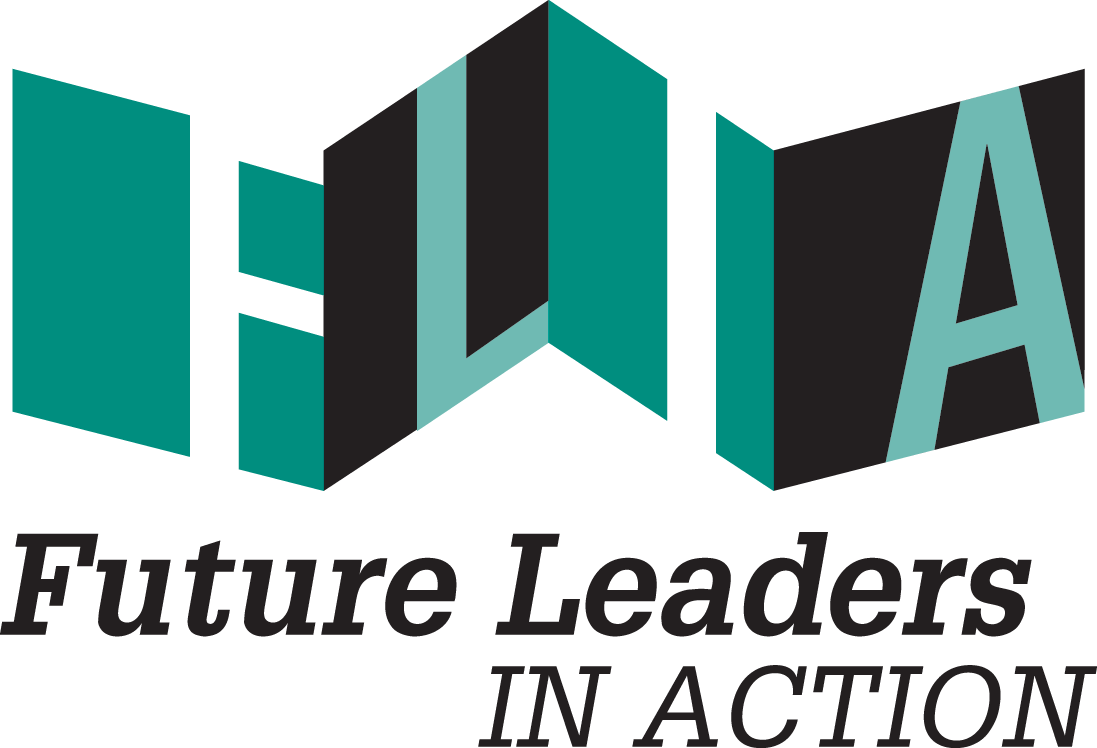Growing up, my family never had a ton of money. My brother and I were raised by our single mother for most of our lives. She worked long hours to feed and clothe us and always provided a roof over our heads. We were never hungry or homeless, and our house was always filled with love. Though we had all of these things, what we didn’t have was much of an option when it came to attending college. It was made clear from the start that we needed to succeed in high school to finance our education.
We would be the first children in our line of family to attend college. And that is exactly what we did.
Despite various adverse life experiences growing up, I had supports put in place for me to succeed in high school and eventually attend college.
For some kids, they aren't that fortunate. Some families don’t have access to resources or supports that help their children succeed in life after high school. Big Brothers Big Sisters of Central Iowa identified a need for a program that provides youth with those resources and supports. Thus, through FLIA, I began my partnership to further build on the program they had just begun constructing the year prior.
I began developing a program aimed at building skills for success. High school students would be able to attend workshops that give them the life skills necessary for them to succeed in life after high school, whether it be going directly into the workforce or attending college. The main goals established between myself and the partner organizations (BBBSCI) were to:
- Identify workshops to meet the needs of the Littles we are serving
- Establish a concrete timeline of workshops and events
- Create a set of instructions to ensure the success of the program
I setup the backend of the program in advance, and an BBBSCI employee will oversee it when I leave. The program has the potential to impact 90 eligible Littles ages 13-18. A majority of these youth come from low-income, single parent homes. Within this cohort of participants, we would reach a wide variety of identities, including African American, Asian, Hispanic, and Caucasian students.
Some challenges I have faced have been in getting participants to show up, funding, marketing, and incentivization of the program. In response, I created an official enrollment plan that keeps participants on track in the following areas: Career Development, Academic Success, and College Readiness. Littles must complete 4 workshops per area plus attend two additional professional development events, such as a career fair, college fair, or college visit. Finally, Littles must complete 20 service-learning hours. The idea behind structuring the program like this was to have Littles work towards a common, desirable goal while building their professional skill set. To expose Littles to a diverse set of experiences, I helped BBBSCI establish community partnerships with Huntington Learning Center, Iowa College Access Network, and Goodwill Industries. These organizations will help bring insight in workshops ranging from career exploration to cover letter/resume writing. Upon completion of program requirements, exiting Littles will receive an incentive, such as a laptop donated by UnitedHealthcare, which also acts as a resource for their continued success.
It was nice to interact with the youth, learn their stories, and explain the importance behind the program I developed.
To start the program year for Opportunities for Post-Secondary Success, we held a Kick-Off event where we had an informational-style meeting with Big-Little matches and did a service learning project together, Project Linus blanket-making.
During my final week with BBBSCI, I had the opportunity to host the first event of the year, Mapping Your Future. One participant of the program attended where he worked with an online career exploration tool, O*Net, to discover his career interests and everything related to those careers. Prior to the workshop beginning, the participant expressed how going into his senior year, he decided college wasn’t the route he wanted to take, but was unsure of the career path he wanted to pursue. By the end of the workshop, he had tools necessary to continue the search and evaluate his approach to the workforce.
It has been fun working in the partner organization and witnessing how nonprofits run and the process behind program development. This program has great potential to impact the lives of so many kids, so it is incredibly important to continue to survey and tailor the program to the needs of the students. Impactful programs take time to fully develop and achieve their desired outcomes. The OPS program could be the difference between providing students with the knowledge necessary to fund college or ending up on the streets. It will take determination, dedication, and passion between the students themselves and the staff at BBBSCI to ensure success of the program, which I am confident is present.



